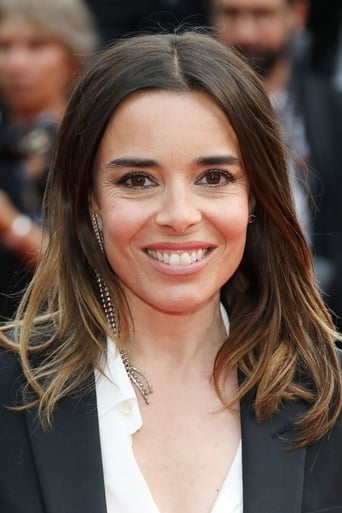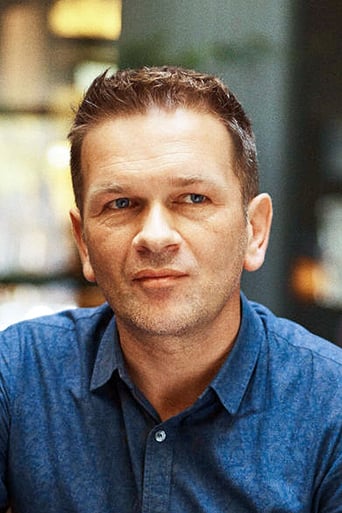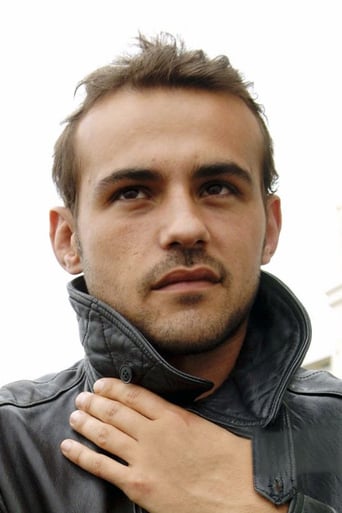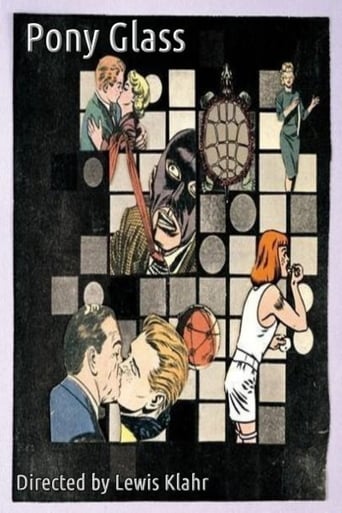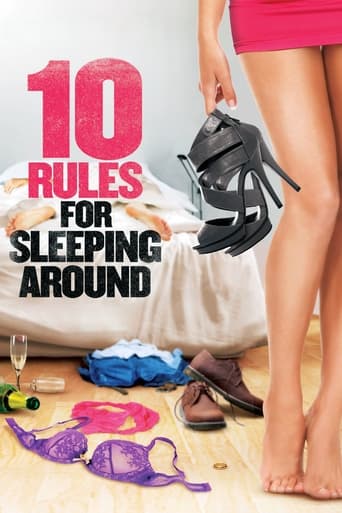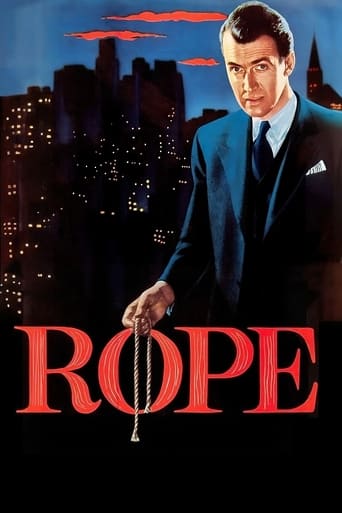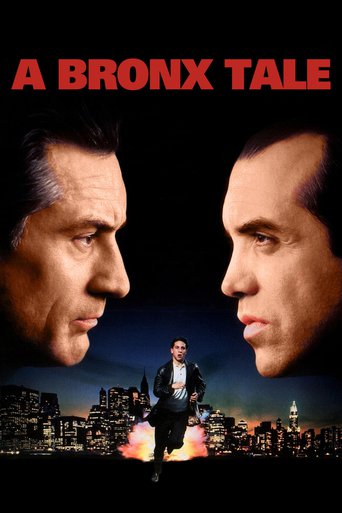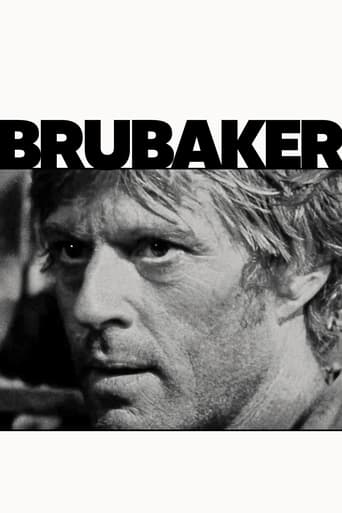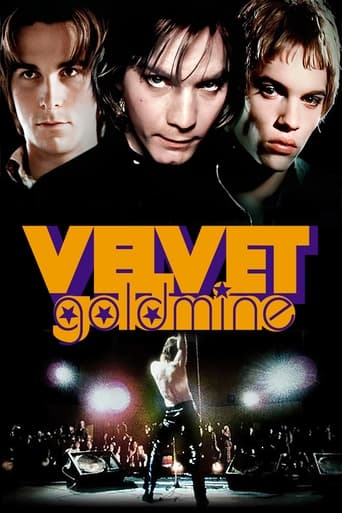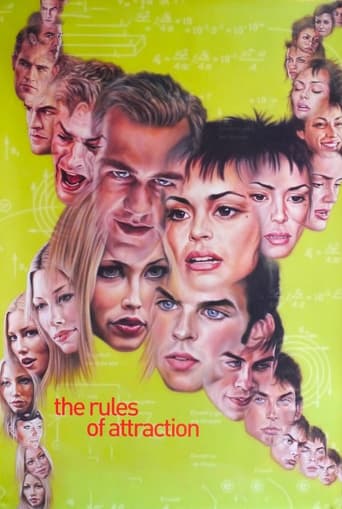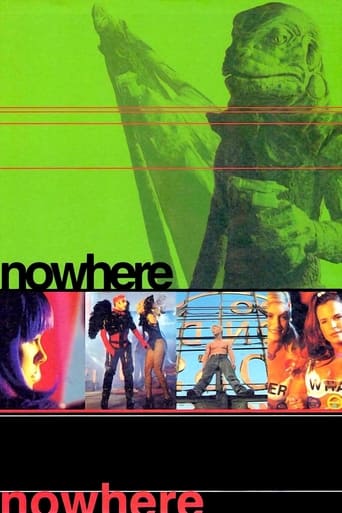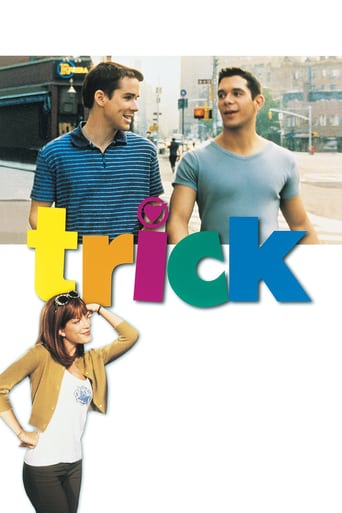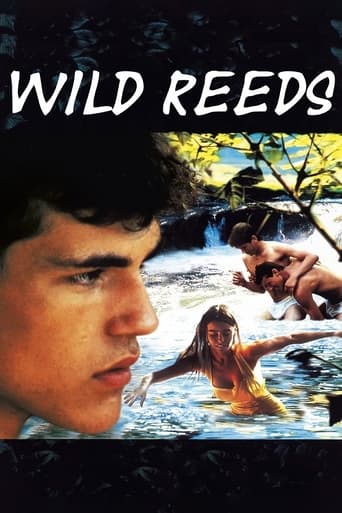
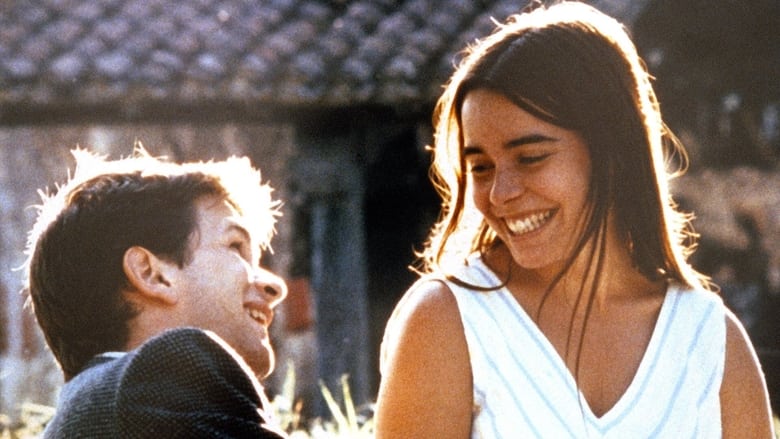
Wild Reeds (1994)
As the Algerian War draws to a close, a teenager with a girlfriend starts feeling homosexual urges for two of his classmates: a country boy, and a French-Algerian intellectual.
Watch Trailer
Cast


Similar titles
Reviews
Good movie but grossly overrated
Absolutely the worst movie.
If the ambition is to provide two hours of instantly forgettable, popcorn-munching escapism, it succeeds.
Through painfully honest and emotional moments, the movie becomes irresistibly relatable
In the past, director André Téchiné has relentlessly pursued complex subjects. His films don't pander to the audience, nor do they allow the public to be emotionally detached. In "Les Témoins", for instance, AIDS is understood not as a simple disease but as something that profoundly alters social discourse and human interaction.In "Les Roseaux Sauvages" there is an immanent bellicosity among France and Algeria which lingers on in the background long enough to affect the protagonists. At the beginning of the film a wedding becomes the scenario in which we observe Serge's brother clumsily plotting how to desert from French troops, while François is idly chatting with Maïté, a girl he doesn't love but dates nonetheless. The war strongly infiltrates the world of these youngsters, as a new student arrives to the boarding school attended by Serge (interpreted by Stéphane Rideau in what would be the first of many gay related productions) and François (interpreted by Gaël Morel, director of several films of gay interest), an older boy named Henri that has experienced the aftermaths of the armed conflict in the flesh.After a couple of visits Serge pays to François in the middle of the night, the two boys soon become friends, but not before sharing some intimate secrets and practicing mutual masturbation and sexual intercourse. Of course, for Serge this one night stand is the product of revolting hormones and teenage horniness, but for François this moment changes everything: he will come forward to Maïté and from that moment, what at first seemed a typical high school relationship, is utterly modified.It's not long before Henri finds out, quite easily, about the sexual escapades of the two boys, but seems preoccupied only with the development of the war. Henri is unable to come through a normal grieving process regarding his father and the Algerian reality. The need for a symbolic death becomes patently necessary for Henri. Jacques Lacan defined the symbolic death as a narrative of closure, as the final sentence one must utter in order to let the dead ones go. If every culture in the planet respects some sort of funerary rites it is precisely because of that. The real death comes naturally when a heart stops beating, but the symbolic death is something cultural, something that depends on any given individual and the ability to cope with loss. Coming to terms with death means to be able to write that epitaph in our head, to be able to understand someone else's life and then to let go of it.Serge, on the contrary, will eventually accept the casualties of war, and instead of being paralyzed by death he will keep moving on. When Maïté's mother suffers a psychological breakdown after hearing about the demise of one of her students, her daughter feels devastated. None of this matters to François who's having a hard time understanding his own sexuality. A most relevant moment takes place when he confronts his image in the mirror and starts repeating "Je suis pédé", ashamed of being gay. This degrading word will lead to the reformulation of the object of desire, according to new terms and surpassing the phallic response; François's desire will be inextricably linked to the question of the desire of the other in its ethical dimension insofar as it bears the possibility of alterity, of authentic otherness. Of course it's never easy to be young and gay, but it's even more difficult in an isolated French province in the early 60s. It is then that Maïté's emotional support proves to be fundamental for François, as he will comprehend that his initial object of desire may well be out of his reach.The characters of the film adopt contrasting postures. Serge and François possess an adaptability and flexibility that will become indispensable. Henri and Maïté, however, are determined and stubborn individuals. Henri's teacher tries to make him understand that being strong like an oak is a disadvantage as oaks break when the storm comes, only reeds survive the storm because they bend but do not break. Drawing a divisor line between war and sexuality, Téchiné finally gathers the three boys and the girl in one final sequence that instead of focusing on the cliché of hope is centered on the pervasive reiteration of uncertainty and friendship.
A superb film from Téchiné. The small town of Villeneuve-sur-Lot is filmed beautifully, the characters are well-drawn, the story moves along believably (not always the case with this director). Gael Morel as François is fresh, ardent and appealing; his love for Serge will not be returned, to his chagrin. Élodie Bouchez impresses us as Maité, who has grown up without a father; in a sense, the Communist Party has become her father. The one sinister character is Mariani the pied-noir: his bigoted notions of life have been formed by his parents and the OAS, he has no real philosophy just an internalized sense of rage at the unfairness of life.There are wonderful scenes. Mme Alvarez, the teacher at the lycée, might help Serge's older brother to desert from the army so he won't have to go back to fight in Algeria, but refuses to do so out of professional pride. Later she hears of the young man's death in combat and falls into a profound depression. The sleep cure is prescribed for her, it's a cure worse than the disease. Mariani has a chance to pass his bac if he works hard (he has already failed it) but working with the teacher Morelli (a pied-noir himself) is forcing him to confront his mental strait-jacket. Since he would rather be wrong in solidarity with his parents than right with these progressive Frenchmen he despises, he abandons his studies. The student-teacher confrontations are sour and hopeless.
This is a genuine and convincing portrayal of how teenagers from different backgrounds facing different problems find their true selves, and how they shape and transform their philosophies of life through the mutually interwoven processes of love, hate, learning, accepting and enlightening. This is a story on how purity and love will transcend across very different people and help them become awake to what they are and what they long for when facing the real world. A beautiful masterpiece that would move you without doing something "big". The 4 lead characters delivered convincing and promising performances, each making them very likable people without glorifying, stereotyping or idolising any ideology. All in all, a highly recommended beautiful, genuine and poetic gem.
It is absolutely impossible to make a film like this one without carrying out the personal memories of an our own teenage time. That's why this so called 'teenage movie' is so far away from all other experiences within this field. Téchiné had written and directed a part of his own life. Villeneuve-sur-Lot, Paris, Lisbon, who cares? This is the movie of my life. And if it is so, it's not only because of the unexpected beauty of all frames on the movie, but, essentially because that I felt every inch of the road walked by the characters of this film, as if their experiences, a long time ago, in a galaxy far, far away, were my own teenage experiences and hopes. I saw this film ten years ago, and still I can remember every image, every phrase... And I kept these memories as a guideline for a future life, when I was 23 years old. I know what I have lived, I still don't know what the future reserves to me. But, on those days, ten years ago, I have increased my hope. I found that there was people like me, and like the others around me... The time and the place doesn't matter. No film will never make me feel so strongly about my youth, and, simultaneously, about my future as a man. This is not a 'teenage movie', it's a collection of memories about the construction of our personality. And, we all, with that age, were a little bit of François, Serge, Henri and Maite. And we still are. (...I'm sorry about my English...)


